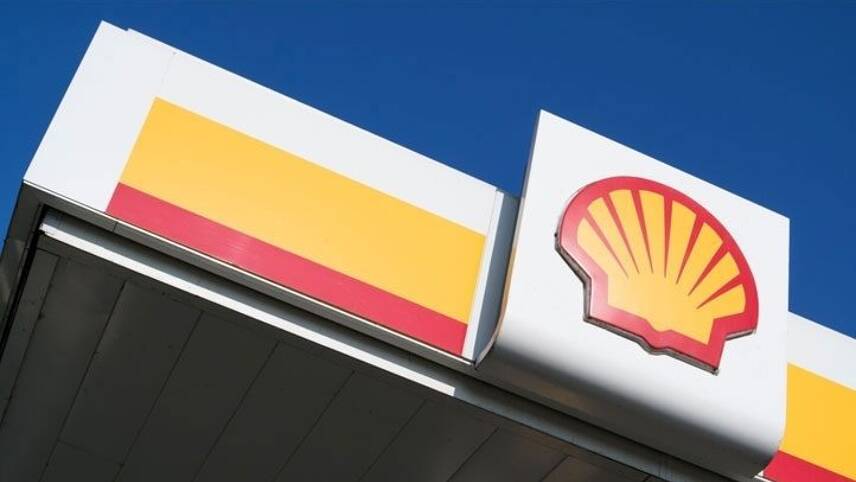Register for free and continue reading
Join our growing army of changemakers and get unlimited access to our premium content

Shell set a net-zero target for 2050 and has faced scrutiny over the credibility of its decarbonisation plans
ClientEarth announced in February 2023 that it had filed a lawsuit against 11 Shell directors at England’s High Court. The charity argued Shell’s existing plans to reduce emissions were not aligned with the Paris Agreement. This will either leave it exposed to physical risks from a warming world, or transition risks, as investors and policy move more rapidly than Shell, risking stranded assets.
Last month, Shell’s new chief executive Wael Sawan updated the company’s strategy, doing away with a target to decrease fossil fuel production by 55% through to 2030. The updated strategy reiterates the company’s long-term net-zero target, in place for 2050, but confirmed a change in strategy to maintain current levels of liquid fuel production through to 2030. This decision, a Shell statement notes, was taken to “achieve cash flow longevity” from the company’s established upstream fossil fuel operations.
Shell has always refuted the claims made by ClientEarth. The High Court eventually dismissed the lawsuit against Shell. In an oral hearing on 12 July 2023, ClientEarth then asked the Judge to reconsider his dismissal of the claim, which again has been rejected.
ClientEarth has already confirmed that it will appeal the latest dismissal of its lawsuit.
ClientEarth senior lawyer Paul Benson said: “We are disappointed that the Judge has declined to reconsider his decision. The hearing was the first step towards appeal, which we will now pursue.
“The Court has accepted that climate change poses significant and foreseeable risks to Shell. We firmly stand behind our claim that the Board is currently neglecting to address those risks adequately, to the detriment of its shareholders.”
The Hague District Court ruled in May 2022 that Shell’s ambition to reduce the carbon intensity of products by 20% by 2030 is not aligned with the UK or EU’s net-zero goal for 2050, as it could technically see Shell pushing for growth.
Shell maintained that it believes it will not exceed its 2018 ‘peak’ in absolute emissions and argued the credibility of its 2050 net-zero goal covering emissions across all scopes.
But the Court sided with Greenpeace and Friends of the Earth. It ordered Shell to set a target to slash its absolute emissions by 45% by 2030, against a 2019 baseline. Shell appealed the court ruling and, as of yet, has not set this kind of target.
Commenting on the decision, Joanna Ford, Commercial Disputes Partner at Cripps, said: “The judge rightly highlighted that in complying with their duties, the Shell directors have various competing considerations that they must take into account. These factors are often finely balanced, and prioritising one above the others could lead to directors being accused of breaching their duties towards other stakeholders. This doesn’t mean that climate litigation claims are dead in the water, but there would need to be clear evidence of an serious breach in order for a claim to stick.
“The decision shouldn’t be seen as a licence for company directors to simply ignore ESG issues, however, and as we get closer to the net zero target date of 2050 there is likely to be less and less scope for directors to argue that climate issues shouldn’t weigh heavily into their decision making about the management of the companies they are in charge of.”


Please login or Register to leave a comment.